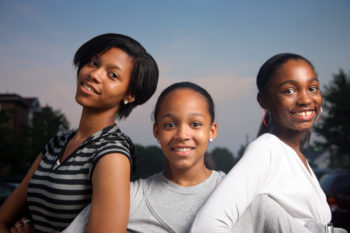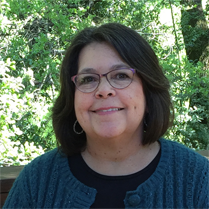Do We Let Them Go, or Not? Part 2
 So, we are considering letting our preteens or teens go out with friends. They could be asking for permission to go with a group to the movies or asking to go out on a date. How do we negotiate giving them an appropriate amount of independence, while still monitoring their safety?
So, we are considering letting our preteens or teens go out with friends. They could be asking for permission to go with a group to the movies or asking to go out on a date. How do we negotiate giving them an appropriate amount of independence, while still monitoring their safety?
In my previous blog I listed some questions that should be considered. The more we are intimately engaged with our child, the more guidance the answers will give us in determining yes or no.
Independence needs to come gradually. When our children are preteens, we need to play a more direct role in monitoring their activities with friends. Dropping them off at the movies and/or picking them up is one example. Asking our children to call or text us, or texting them to check in is another example. As our children become teens and have demonstrated the ability to make responsible decisions, we can begin to give them more independence.
When deciding whether or not to give our permission, we can be guided by our values; the who, what, where, when, why questions; what we know about our children; and what we know about their friends. If we are on the borderline, will monitoring the outing by participating to a limited degree help?
As we consider our decision, we should be in conversation with our children. If we determine it’s a go, there is still more to do. We need to discuss what can happen on this outing, what risks may be involved. What are the options, should things go wrong? We need to agree on behavior expectations. Very importantly, we need to set a firm time expectation for returning home. With our children, we also need to negotiate consequences that will take place if negative behavior occurs or if the curfew is not met. The consequences need to be something we will definitely follow through on. Determining the consequence ahead of time is key because if we wait to determine a consequence or “punishment” after something has gone wrong, it will be an emotional reaction. Grounding someone for six months because we were angry, would be difficult to follow through on and would likely be an unfair consequence.
If we have had these preparatory conversations, we can trust that our preteens and teens will be prepared to be safe and responsible while enjoying their experiences. My daughter loves to recall the beaming face of my granddaughter after her first outing on her own. We build confidence in our children when they can successfully navigate the world without us.
Our children, like us, will sometimes make mistakes. Making those mistakes, while they are still under our watchful eye, will help them learn to make better decisions next time.
Sometimes, after much consideration, the answer to their request will be no. Our children deserve to know why the answer is no. Perhaps at some point we will reconsider it. In any case, sharing our reasons will help them understand how to make good choices in the future.
Our preteens and teens need to learn independence. Your efforts in guiding them to make responsible decisions will pay off as they become adults.
With love and affection,
Rosemarie
Copyright © 2016 by GenParenting

Rosemarie Pérez has worked with English learners and their families in public education for more than twenty years. She has served as a bilingual teacher, professional developer, and district administrator. Administrative roles included serving as the Director of English Learners for an elementary school district and as a Coordinator of Reading and Language for the San Mateo County Office of Education. Rosemarie continues to work with families as she leads the Santa Clara County Office of Education’s Parent Engagement Initiative during the past three years. Ms. Pérez provides expert guidance to teachers, school site staff, and school administrators in creating culturally sensitive parent training modules and academic curricular units. She facilitates parent education and Common Core Standards workshops. Engaged parents are further trained to become parent leaders and advocates. Rosemarie is the mother of five adult children and three grandchildren.

